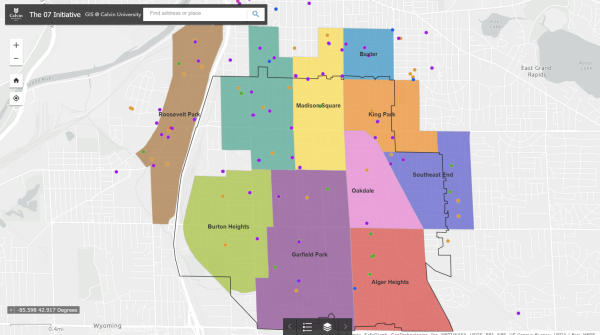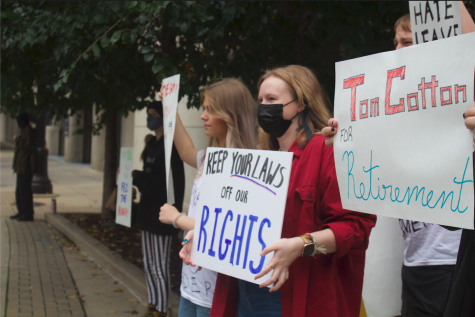Labor unions file lawsuit challenging Michigan right-to-work law
A coalition of labor unions has filed the latest challenge to Michigan’s recent right-to-work law, arguing that if the law applies to unionized state employees, as it currently does, then it is in violation of the Michigan state constitution.
The Michigan state constitution guarantees that the Michigan Civil Service Commission has the right to regulate the conditions of hiring for state employees, and the law that forbids employees from requiring workers to pay union dues would seem to infringe upon the rights of the Civil Service Commission if it applies to state employees.
Michael Cavanaugh, an attorney on the case working for the Michigan State Employees Association AFSCME (American Federation of State, County and Municipal Employees) Local 5, told MLive.com that he thinks the case should be straightforward.
“I think it’s pretty cut and dry. There’s a long history of Michigan courts indicating that the Civil Service Commission has exclusive rights to oversee collective bargaining agreements on behalf of state employees,” he said.
Attorney General Bill Schuette has made it quite clear that the right-to-work law will in fact apply to state employees and the Civil Service Commission.
During a roundtable, Schuette said, “I expect the Civil Service Commission to follow the law. This is designed to apply to public employees and private employees. If there’s any question, we expect the Civil Service Commission to follow the law.”
The commission, however, a four-person board which cannot have more than two members from the same political party, but currently has three members appointed by former governor Jennifer Granholm, has clashed with Governor Snyder in the past over extending health benefits to the same-sex partners of state employees.
The plaintiffs in the case are a coalition of most major unions in Michigan, including the United Auto Workers, Michigan State Employees Association, Michigan Public Employees and the Michigan Corrections Organization, together comprising more than 31,000 of the state’s 35,000 employees.
Defendants in the case include Governor Rick Snyder, Attorney General Bill Schuette, Nino Green, Edward Callaghan and Bob LaBrant, the last three being members of the Michigan Employment Relations Commission.
This lawsuit is not the first that has been filed on the issue. The Michigan AFL-CIO (American Federation of Labor and Congress of Industrial Organizations) and its labor partners filed a suit earlier this month arguing that the law violates federal labor laws from the U.S. constitution.
The ACLU of Michigan also filed a suit last month arguing that the state violated the Open Meetings Act during the course of the passage of the law, closing the Capitol to visitors during debate and passage of related bills.
Snyder expressly asked the Michigan Supreme Court to provide a decision on the issue last month, hoping to head off the avalanche of legal suits, but the Supreme Court, which is not required to answer his request, has not issued any answer on the subject.
“This is a very time-sensitive question,” he wrote in his letter. “It is essential that all parties to the negotiations know definitively whether the new contracts must comply with Public Act 349 before those negotiations commence roughly five months ago,” he said, referring to the fact that state collective bargaining agreements expire at the end of the year and noting that it would be difficult to negotiate new agreements with the fate of the right-to-work legislation up in the air.







